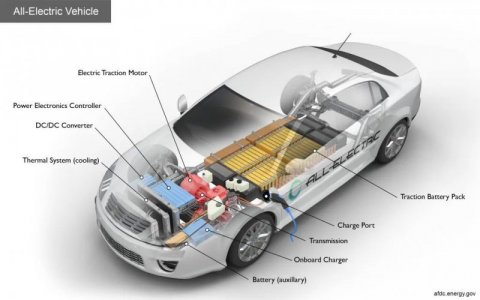dilettante
Well-known Member
- Location
- Michigan
Thank you for raising this question.Care to share where you got that information?
I dug into it and found a lot of articles and videos, but over half of them treed up to the same charging site and probably the same "reporting source."
Most of the rest were about remote locations on routes within Australia, South America, and a few stretches in North Africa. A few in the US were off-grid locations using solar power backed up by diesel. Others were "under repair" (?) and "needed diesel generators temporarily."
E.g. Using diesel to charge EVs in the outback is greener than you think
But in general the press was so bad that fast charging stations do this less and less now. Instead they opt for ratcheting down charging rates during peak load when the public power grid can't source the demand. During commuting hours you don't charge with diesel power, you just sit there longer and the waiting lines grow.


